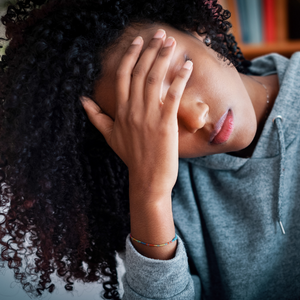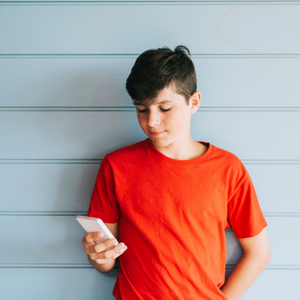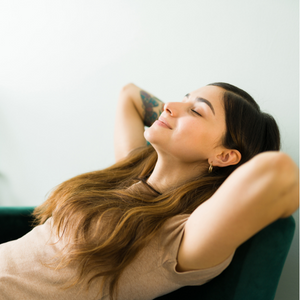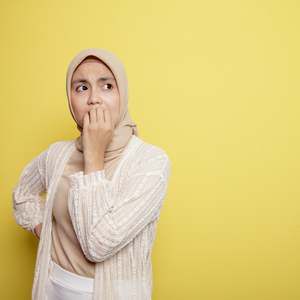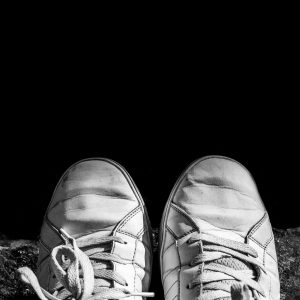Anxiety

Anxiety is what we feel when we are worried, tense or afraid and can be particularly about things that are about to happen or that we think might happen in the future.
Anxiety is a natural human response when we believe we are under threat and can be experienced through thoughts, feelings and physical sensations.
Most people feel anxious at times and it is common to experience some anxiety while coping with stressful events or changes particularly when they could result in big changes in your life.
The fight, flight or freeze response is hardwired into our DNA and would once have helped protect us from dangerous situations such as being chased by a wild tiger. When we don’t feel safe, our bodies react by releasing hormones such as adrenaline and cortisol and can result in this instinctive fight flight or freeze response. These hormones make us feel more alert so we act faster (and help us to run away from the tiger) and our hearts beat faster sending blood to where it’s needed most – away from our digestion and into our heart, lungs and brains. Our bodies can cope with short bursts of adrenaline and cortisol but when we experience this frequently, this can result in prolonged feelings of anxiety.
Anxiety can be experienced in different ways such as generalised anxiety disorder (regularly worries about different things in your everyday life), social anxiety disorder (anxiety triggered by social situations), panic disorder (frequent panic attacks without a clear cause or trigger), phobias (extreme fear or anxiety triggers by a particular situation or object – please see the health topic page on phobias) and there are others. Learning about these that may help you to understand your own experiences of anxiety and consider your options for support.
Tips for managing anxiety
Reduction of stimulation
Remove stressful cues and introduce a feeling of safety with calming music.
Focus on your breathing
Concentrate on breathing slowly in to the count of four and out to the count of eight. This can help tell your brain that you are safe.
Stamp or jog on the spot to increase heart rate
This can act as a distraction, help to control your breathing and burn up the stress hormones such as adrenaline that make us feel anxious
Improve your sleep habits
Sleep deprivation can make anxiety worse and good sleep habits can be the key to improving the quality and quantity of sleep. Things you can do to help with this include turning off electronics an hour before you go to sleep and using a dim light to read a book as artificial lights stimulate the brain and stop it producing the hormone needed for good quality sleep.
Improve eating habits
Low calorie intake may lead to anxiety so think about your diet as eating regularly and maintaining your blood sugar levels can help mood and energy levels. Before making major changes to your diet or taking supplements speak to your GP.
Self care
You may find it helpful to learn relaxation techniques such as yoga and meditation and learning ways to relax can help reduce anxiety and stress levels. Spending time in nature has been shown to improve wellbeing.
Self referral
Our resources section provides some self-help websites, some of them accept direct self-referrals from you, but if you would like a mental health nurse to review your self-referral and provide some further guidance, please click on Do Self Referral. We hope to contact you within 28 days. If you haven’t heard from us after this, call your GP.
Do Self Referral

Self help resources
Resources can be accessed below.
View self help resources







